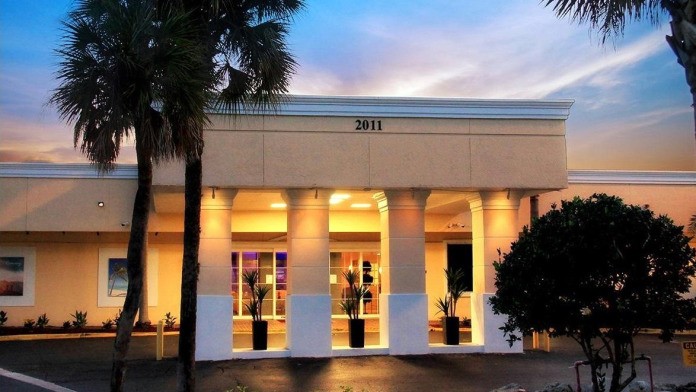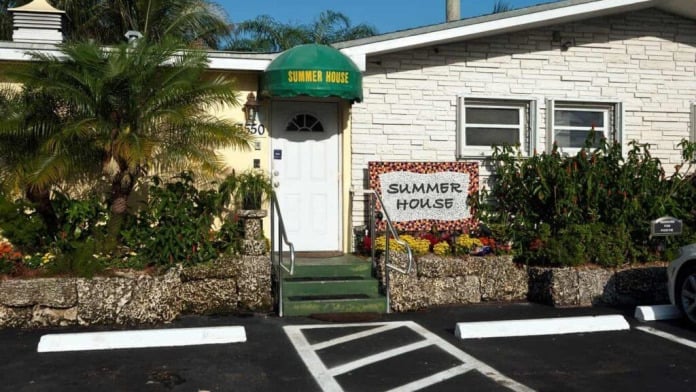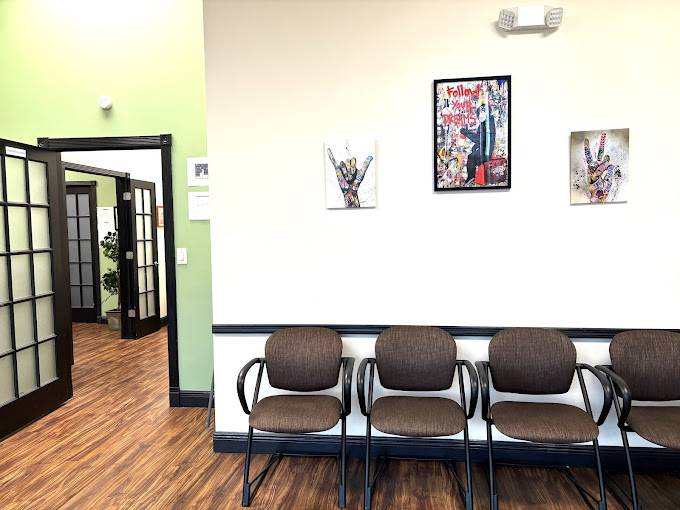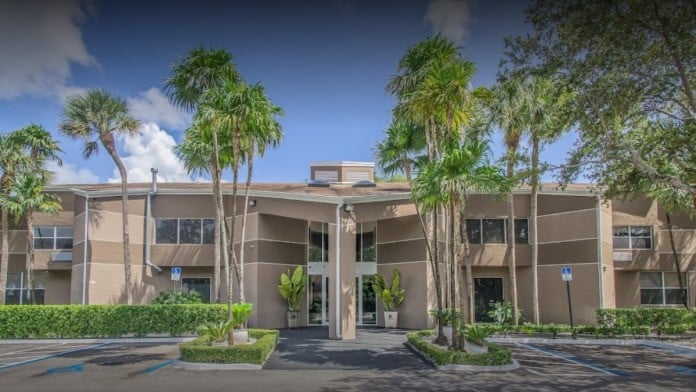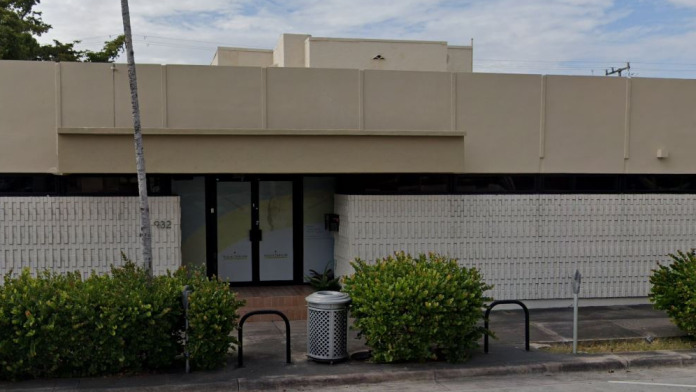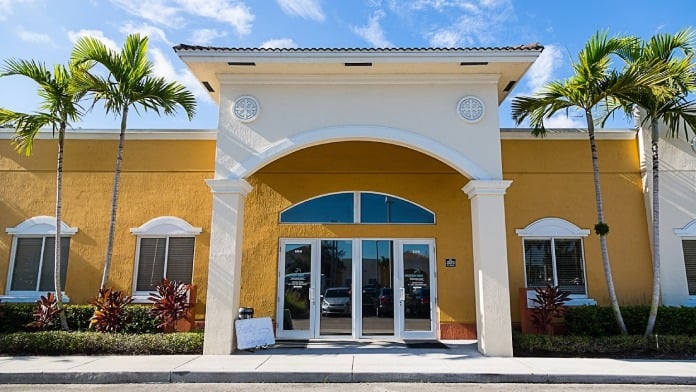About The Village at Midtown – Closed
The Village at Midtown was a private, CARF accredited addiction treatment facility in Miami, Florida. They’re closed now but the facility offered comprehensive care for adults struggling with substance use disorders and co-occurring mental health conditions like anxiety or depression.
The center provided a supportive recovery community that blended clinical expertise with a sober living environment. They accepted private insurance, though some clients noted high out of pocket costs.
Structured Inpatient Care
The facility offered inpatient and outpatient programs that included medically assisted detox with medications like buprenorphine. This FDA medication was used to help manage withdrawal safely.
Their inpatient treatment featured 24/7 care with individual and group therapy. They used evidence based approaches like cognitive behavioral therapy to address addiction triggers.
There were two basketball courts on the premises. Smoking and sunbathing were allowed.
Flexible Outpatient Care
Outpatient services included Intensive Outpatient Programs (IOP). This program allowed clients to live at home while attending therapy sessions. Focus was placed on relapse prevention and life skills.
They also had sober living homes which provided affordable housing for individuals or families. You practiced accountability with sober roommates and they had a zero tolerance policy.
Specialized Programs With Professional Staff
Specialized programs included gender specific care for men and women, addressing unique challenges and tailored treatment for dual diagnoses. The Village emphasized the 12 step facilitation and peer support to build community.
Reviews praised the professional staff and central Miami location but some reported limited bed availability. The Village at Midtown aimed to empower clients toward lasting sobriety.
Rehab Score
Other Forms of Payment
Private insurance refers to any kind of healthcare coverage that isn't from the state or federal government. This includes individual and family plans offered by an employer or purchased from the Insurance Marketplace. Every plan will have different requirements and out of pocket costs so be sure to get the full details before you start treatment.
Self-pay involves paying for treatment out of your own pocket. You can use savings or credit, get a personal loan, or receive help from family and friends to fund your treatment. If you don't have insurance or your insurance plan doesn't cover a specific program, self-pay can help ensure you still get the care you need.
Addiction Treatments
Levels of Care
 Outpatient
Outpatient
 Aftercare Support
Aftercare Support
Treatments
The goal of treatment for alcoholism is abstinence. Those with poor social support, poor motivation, or psychiatric disorders tend to relapse within a few years of treatment. For these people, success is measured by longer periods of abstinence, reduced use of alcohol, better health, and improved social functioning. Recovery and Maintenance are usually based on 12 step programs and AA meetings.
Drug rehab in Florida provides quality treatment to help individuals overcome dependency related to a wide range of addictive substances. Programs address both the physical and mental aspects of addiction in order to help you make a full recovery.
A combined mental health and substance abuse rehab has the staff and resources available to handle individuals with both mental health and substance abuse issues. It can be challenging to determine where a specific symptom stems from (a mental health issue or an issue related to substance abuse), so mental health and substance abuse professionals are helpful in detangling symptoms and keeping treatment on track.
Opioid rehabs specialize in supporting those recovering from opioid addiction. They treat those suffering from addiction to illegal opioids like heroin, as well as prescription drugs like oxycodone. These centers typically combine both physical as well as mental and emotional support to help stop addiction. Physical support often includes medical detox and subsequent medical support (including medication), and mental support includes in-depth therapy to address the underlying causes of addiction.
Programs

Adult Program

Young Adult Program
Clinical Services
Whether a marriage or other committed relationship, an intimate partnership is one of the most important aspects of a person's life. Drug and alcohol addiction affects both members of a couple in deep and meaningful ways, as does rehab and recovery. Couples therapy and other couples-focused treatment programs are significant parts of exploring triggers of addiction, as well as learning how to build healthy patterns to support ongoing sobriety.
Research clearly demonstrates that recovery is far more successful and sustainable when loved ones like family members participate in rehab and substance abuse treatment. Genetic factors may be at play when it comes to drug and alcohol addiction, as well as mental health issues. Family dynamics often play a critical role in addiction triggers, and if properly educated, family members can be a strong source of support when it comes to rehabilitation.
Group therapy is any therapeutic work that happens in a group (not one-on-one). There are a number of different group therapy modalities, including support groups, experiential therapy, psycho-education, and more. Group therapy involves treatment as well as processing interaction between group members.
In individual therapy, a patient meets one-on-one with a trained psychologist or counselor. Therapy is a pivotal part of effective substance abuse treatment, as it often covers root causes of addiction, including challenges faced by the patient in their social, family, and work/school life.
